Tools
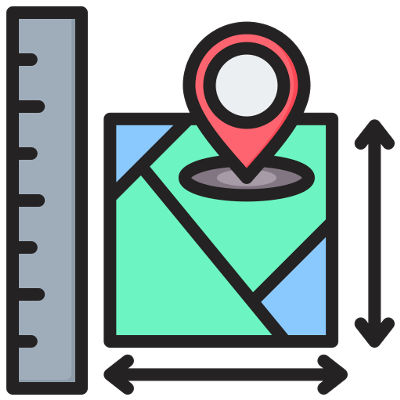
BSTPP: Bayesian Spatiotemporal Point Process
is a Python package for Bayesian inference on STPPs, supporting LGCP, Hawkes, and Cox-Hawkes models. It features a VAE for fast GP inference and an extendable module for custom or predefined trigger functions.
https://www.georgemohler.com/_files/ugd/9226cc_a9bc736f02bb41fa92f7021aac6fc0be.pdf
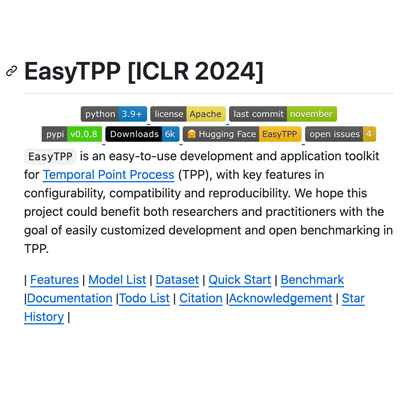
EasyTPP
EasyTPP is a benchmarking framework for temporal point processes (TPP), unifying datasets, evaluation methods, and implementations (PyTorch/TensorFlow) of popular neural TPP models.
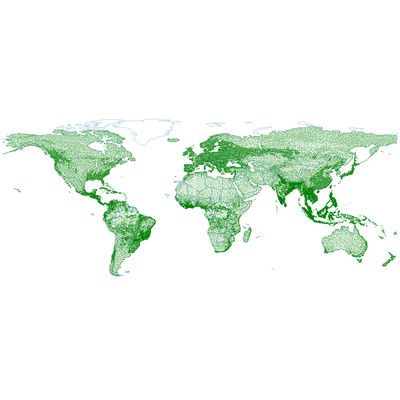
Forest Typology
is an AI initiative by DeepMind, WRI, and Google to map and classify global forest types. It estimates forest composition, identifies biodiversity hotspots and carbon sinks, and provides land cover layers and benchmark datasets for climate and conservation research.
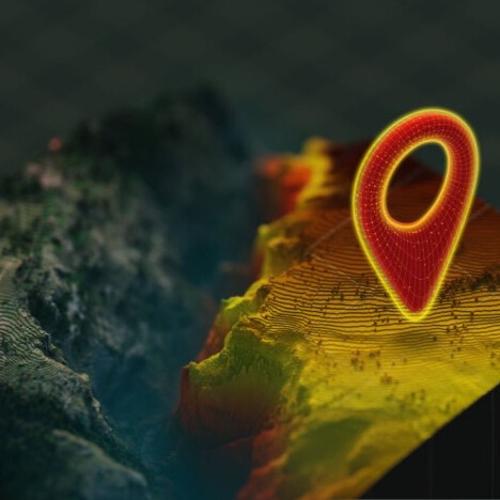
GIS OPS
This tool provides routing information from sources like OpenStreetMap (OSM), TomTom, and HERE.
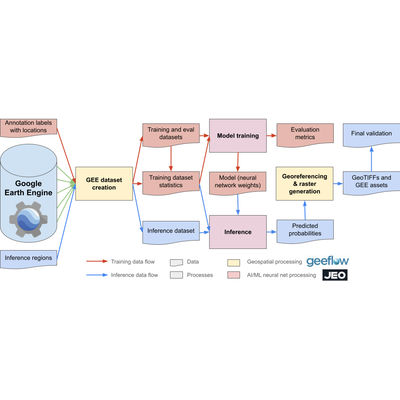
GeeFlow
is a DeepMind library for generating large-scale Earth observation datasets using Google Earth Engine. It provides utilities and pipeline scripts to support geospatial AI research, especially for model training with frameworks like Jeo.
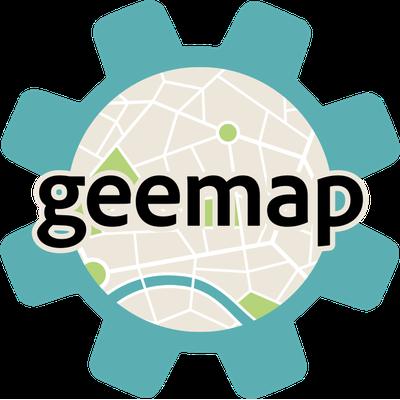
Geemap
is a Python package for interactive geospatial analysis and visualization with Google Earth Engine. It offers powerful features like automated code conversion and split-panel maps. With extensive documentation and examples, it serves as an ideal toolkit for exploring Earth Engine data.
.jpg)
Generative Neural Temporal Point Proces (GNTPP)
This tool provides a PyTorch implementation of GNTPP from the paper Exploring Generative Neural Temporal Point Process. It focuses on deep generative models for producing high-quality event samples in temporal point process modeling.
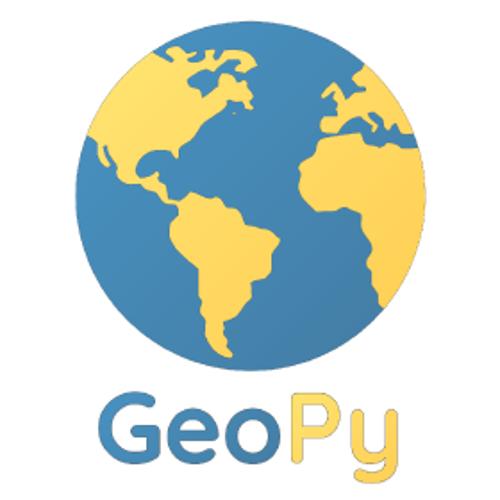
GeoPy
GeoPy is a library that provides an API; it is easy for developers to locate the coordinates of addresses, cities, countries, and landmarks across the globe using third-party geocoders and other data sources.
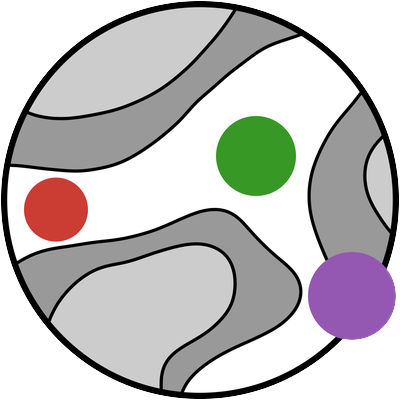
GeoStats.jl
is a Julia-based framework for geospatial data science and geostatistics, offering a unified interface for kriging, simulation, and estimation. It supports advanced geometry handling and high-performance spatial computations.

Jeo
is a foundation model framework by DeepMind for embedding geospatial and temporal data into a shared space. It supports tasks like land cover classification and change detection, enabling scalable, multimodal learning across sensors and regions for geospatial AI.
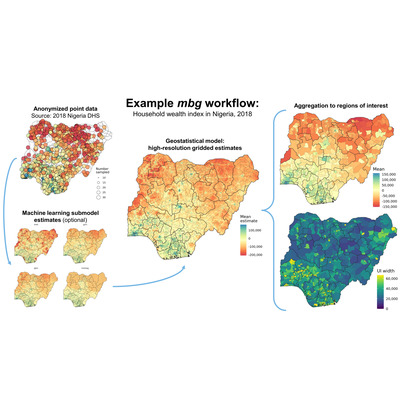
MBG (Model‑Based Geostatistics)
An R package offering spatial machine learning and geostatistical modeling workflows that estimate continuous raster surfaces from point data and summarize uncertainty over regions.
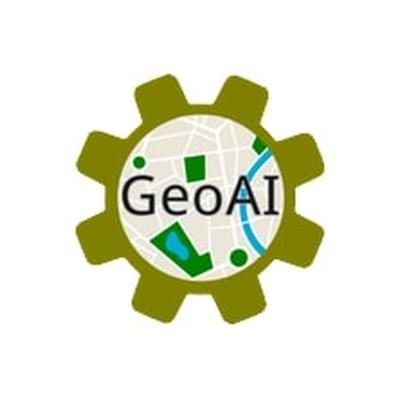
OpenGeoAI
OpenGeoAI is a platform offering open‑source geospatial AI tools and datasets for satellite imagery analysis, enabling research and applications in land use, disaster response, and sustainability.

PyTorch Geometric Temporal
This tool introduces various dynamic and temporal geometric deep learning, embedding, and spatio-temporal regression methods from a variety of published research papers.
https://github.com/benedekrozemberczki/pytorch_geometric_temporal
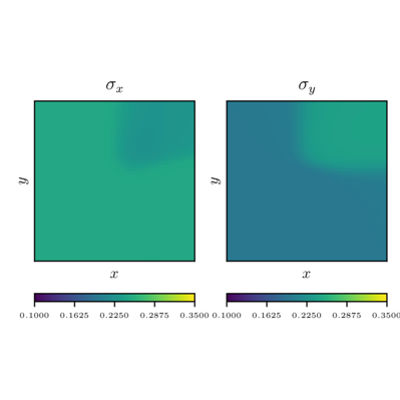
STPP Simulator
This GitHub project offers a framework for simulating spatio-temporal point processes, like Poisson and Hawkes models, over continuous space and time. It’s ideal for testing inference methods and exploring synthetic event dynamics.
https://github.com/meowoodie/Spatio-Temporal-Point-Process-Simulator
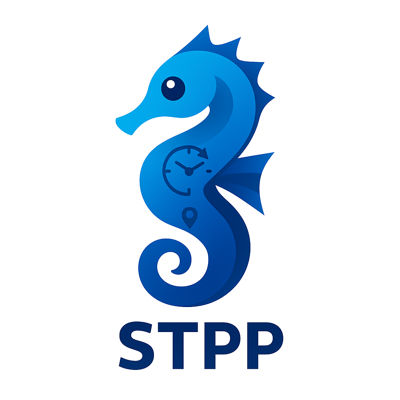
STPPGC
is a benchmarking toolkit for streaming STPP models. Its BenchSTPP framework supports end-to-end development with YAML configs, PyTorch Lightning, Ray Tune, and version-controlled logging for fast, reproducible prototyping and evaluation.

Spatial-Kfold
Spatial-Kfold is a Python library for spatial cross-validation, providing clustering and block resampling methods. It supports Leave Region Out validation to enhance model generalization and robust feature selection.
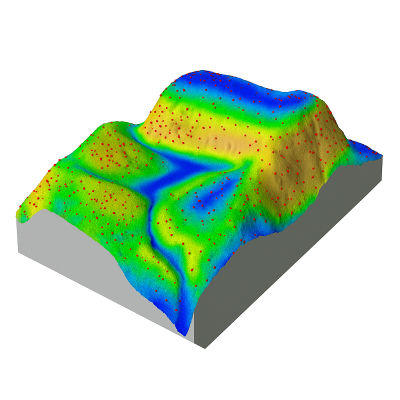
Spatstat
is a comprehensive R package for spatial point pattern analysis, offering tools for EDA, model fitting (Poisson, Cox, Gibbs), and simulation. It handles irregular windows and marked or inhomogeneous patterns, widely used in ecology, epidemiology, and environmental studies.
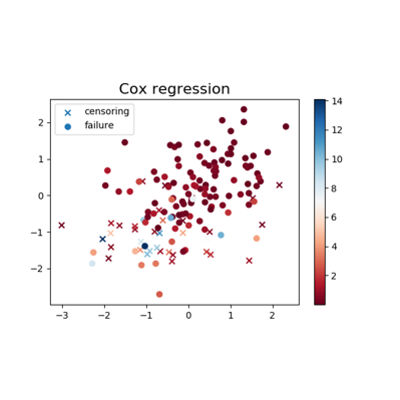
Tick Library
is a Python library for time-dependent modeling, featuring fast solvers for Hawkes processes, GLMs, and survival analysis. It supports simulation and inference, making it ideal for financial, criminological, and event-based data.

mlr3spatiotempcv
is an R package extending mlr3 with spatiotemporal resampling strategies. It supports model evaluation, selection, and tuning for spatial data through a unified interface for advanced resampling techniques.